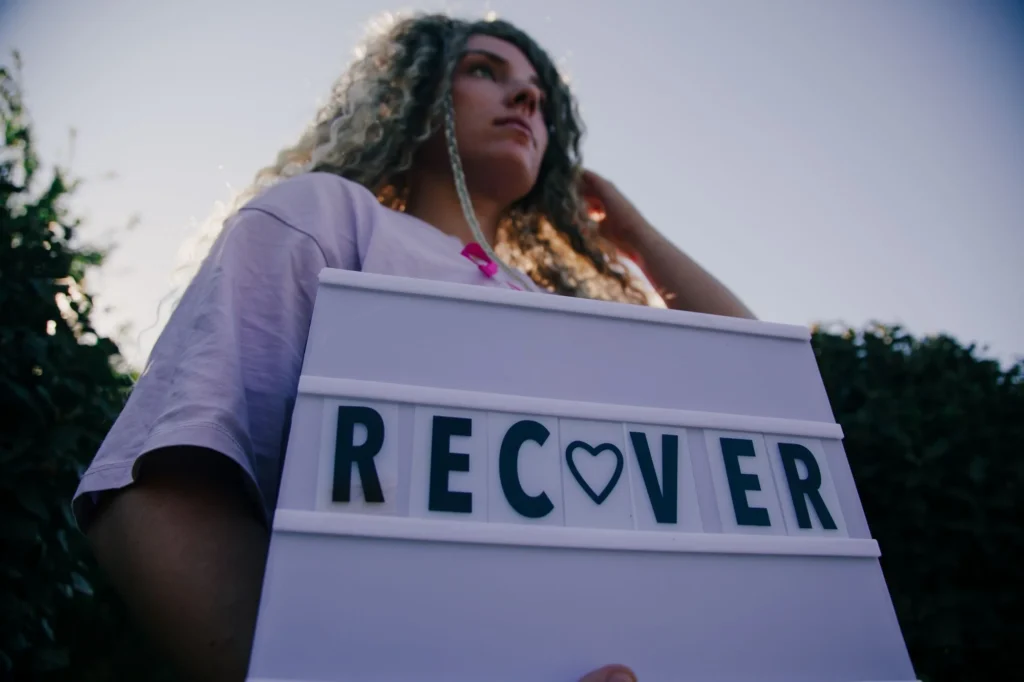Work can be rewarding, but it can also drain your energy. When stress builds, a mental health day off work can give you time to reset and recover from burnout. Here’s how to recognize when you need a day off, how to ask, and how to use that time wisely.
What Is a Mental Health Day?
A mental health day off from work is a planned break from job duties to restore balance. It’s not an excuse to avoid responsibility. Instead, it creates time to care for your well-being, manage stress, and prevent symptoms from getting worse.
Some workplaces treat a mental health day as sick leave or PTO, while others have policies that openly support it. Burnout can also be connected to anxiety, depression, substance use, or a combination of the above. In those cases, dual diagnosis treatment can address the different challenges you’re facing at the same time.
How to Recover From Burnout With a Day Off
Burnout doesn’t vanish in a single day, but stepping back can start the process of recovery. Use your time away from work to rest, reflect, and try small practices that support long-term stability.
Avoid packing your schedule with chores or errands, even if you’ve fallen behind on things at home. You really want to be intentional about resting if you feel burned out.
Instead, focus on simple acts like eating nourishing meals, hydrating, moving your body, and practicing breathing or meditation. If burnout feels severe, consider using the day to connect with a therapist or health professional for added support.
Signs of Burnout at Work
Burnout affects the mind and body in different ways and is also completely unique to the individual experiencing it. Some of the more common signs include:
Energy and Motivation
Waking up drained, struggling to begin tasks, or feeling little motivation even for work or activities that you once enjoyed.
Mood and Thinking
Feeling cynical, short-tempered, or emotionally flat. Concentration becomes harder, and mistakes can also increase.
Body and Sleep
Frequent headaches, muscle tension, and disrupted sleep cycles. You may sleep too much or too little, but still feel tired.
Performance and Connection
Struggling to keep up with responsibilities, withdrawing from colleagues, or feeling emotionally detached from your work.
How to Ask for a Mental Health Day Off Work
When requesting a day off, keep your message clear and professional. You can simply say you are unwell and will use sick leave or PTO. If possible, give notice ahead of time and briefly note how your work will be covered.
More workplaces now recognize the importance of mental health, so these requests are often met with understanding. Most employers treat mental health leave the same as physical health leave.
Making Your Day Restorative, Not Stressful
A day off only helps if it supports recovery; keep your activities intentional and simple.
Morning Reset
Begin your day with grounding routines that set a calmer tone. Drink water, eat a nourishing breakfast, and try gentle movement like stretching or a short walk. Keep phone alerts muted so you are not pulled back into work stress before you have a chance to recharge.
Midday Care
Choose one or two activities that bring you genuine relief. Reading, journaling, or attending a therapy session can provide structure without pressure. If chores feel overwhelming, focus only on simple tasks that reduce stress, such as tidying a small space or preparing a balanced meal.
Afternoon Plan
Spend the afternoon reflecting on habits that could help you avoid reaching burnout in the future. You might consider blocking short breaks into your calendar, setting clearer boundaries around after-hours work, or creating no-meeting windows. If stress feels unmanageable, use this time to look into professional support.
How to Prevent Burnout Moving Forward
A single day off can help, but prevention is what matters most when it comes to burnout. Set realistic workloads, take short breaks, and keep clear boundaries between work and personal time.
If responsibilities feel unmanageable, talk with a manager or look into the support programs your workplace may offer. These shifts reflect what global initiatives like World Mental Health Day encourage: greater awareness and workplace practices that prioritize well-being.
When stress continues or is tied to substance use, treatment can make a difference. Professional, guided care supports long-term stability and reduces the risk of setbacks. Mount Sinai Wellness Center is available at (800) 353-4673 to help you move forward.







